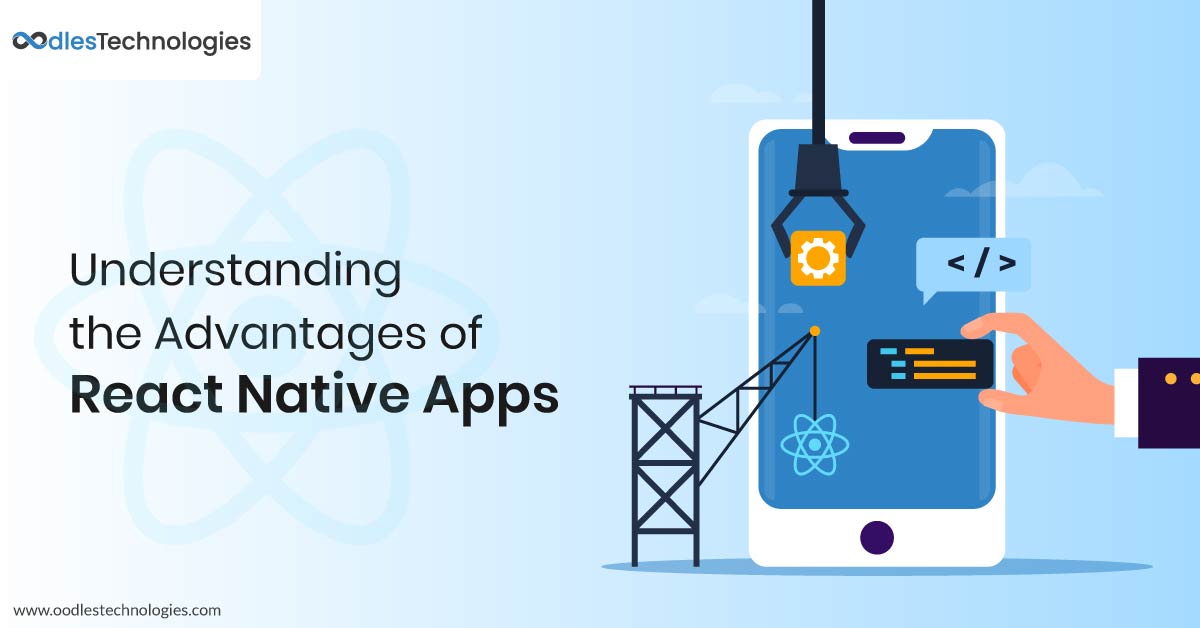The rapid rise of smartphone users enables businesses to focus on developing mobile apps for their customers alongside having a website. Today, mobile apps are used as a tool to improve sales and widen customer database. Ikea, a leading furniture retailer uses Virtual reality (VR) technology in its mobile app to influence customers purchasing capacity.
A feature-rich app like Ikea can perform only with the right app development framework. The mobile app development frameworks fall under the following types:
- Cross-Platform development frameworks
- Native Mobile development Frameworks
Cross-Platform Mobile App Development
The cross-platform app development framework is used for creating apps for more than a single platform. Most cross-platform app development frameworks support app development on Android and iOS platforms. Popular cross-platform mobile app development frameworks we use:
- Ionic app development framework
- Flutter app development framework
- Xamarine app development framework
- AngularJS App Development Framework
Ionic: Ionic is a cross-platform app development framework built with Angular and Apache Cordova. The developers can use this single platform to develop apps for different operating systems. Mobile apps developed with Ionic runs on iOS and Android.
Additional Features:
- Ionic mobile apps are developed using regular web technologies like Angular, CSS, and HTML. It depends on Cordova that facilitates the usage of the device’s native features.
- No need to hire separate developers for Android and iOS. The single app fits with all the operating systems.
- Iconic App development framework saves time and cost
Flutter: Oodles technologies is a Flutter App development company. Our flutter app developers are well versed with Dart programming language to facilitate faster mobile app development. In this article Flutter app development for android and iOS, we have listed some benefits of choosing Flutter app development for your business app.
Xamarine: An open-source framework acquired by Microsoft in the year 2016. The framework is based on c#. Xamarine app development framework does not depend on web technologies rather compiles down to native code for individual platforms.
Additional Features :
- Apps designed with Xamarine can achieve native app performance with little or no difference.
- Creates rich experiences using native UI elements.
- Facilitates sharing of 90% of the codebase across all platforms.
- Developers can design a uniform UI across all platforms using Xamarin.Forms.
AngularJS: AngularJS framework handles complexities developers face in website designing. Applying AngularJS in frontend app development enables developers to progress faster and impress clients. The framework is backed by Google which gives the developers an opportunity to enhance the performance of their apps and make their apps more responsive. Read more benefits of AngularJS app development here: AngularJS for Frontend Development.
React Native App Development Framework: We are a React Native app development company that provides a single integrated solution for web application development. The framework is compatible with third-party plugins and supports the efficient development of additional features with zero downtime. In our article Understanding the Advantages of React Native Apps, you will explore why we use this framework for designing most of our client apps.
Native Mobile Development Framework
There are very few Native app development frameworks. These frameworks are usually created by the company that owns the mobile platform.
Apple created the iOS SDK(Software Development Kit) customarily used with Xcode- an IDE. The Android SDK is used with Android Studio as the IDE of choice. The frameworks contain SDKs along with programming languages used with them. Kotlin or Java for Android and Swift and Objective-C for iOS. Native apps perform faster and are compatible with device hardware and native features like accelerometer or camera. Native apps can be expensive because businesses will require separate app developers to develop an app for their business. The after maintenance cost of native apps is also high.
Are you planning to get a mobile app to promote your business online? Get in touch with our mobile app development experts today. We use mobile app development frameworks only after evaluating your business requirements. Get in touch with our experts to know which framework can support your business requirements!




